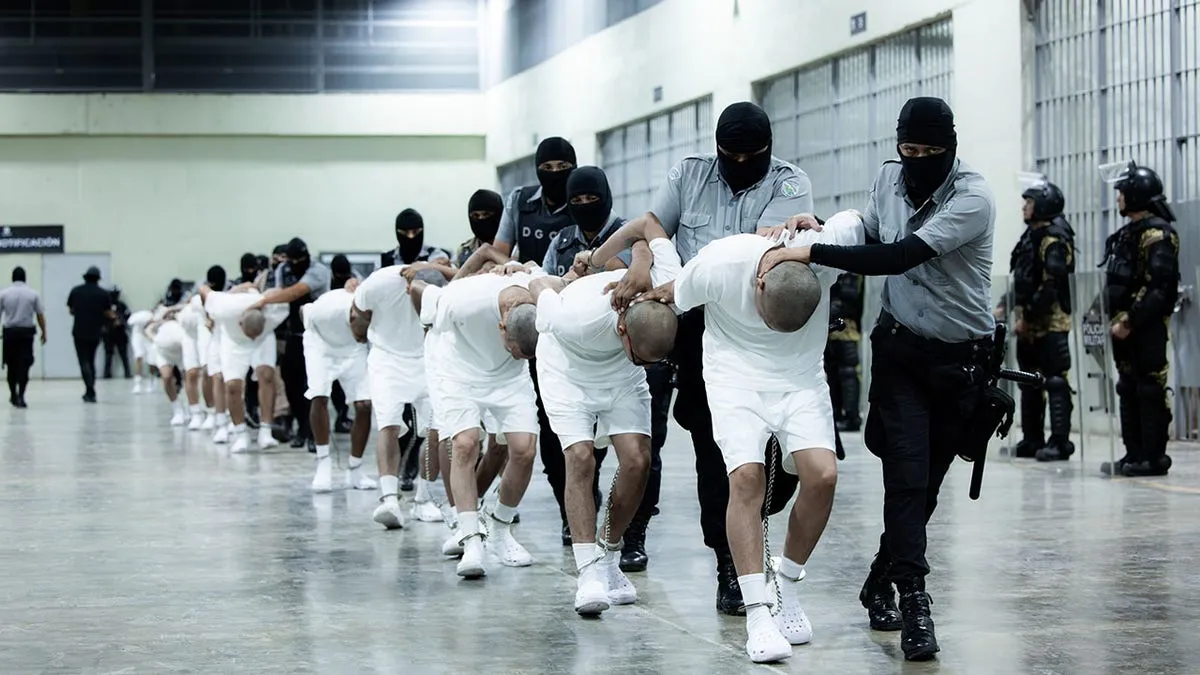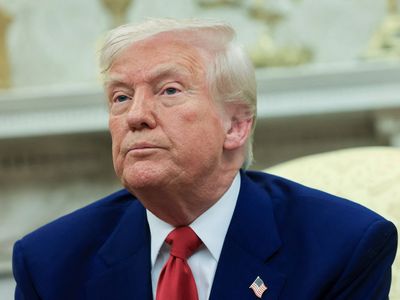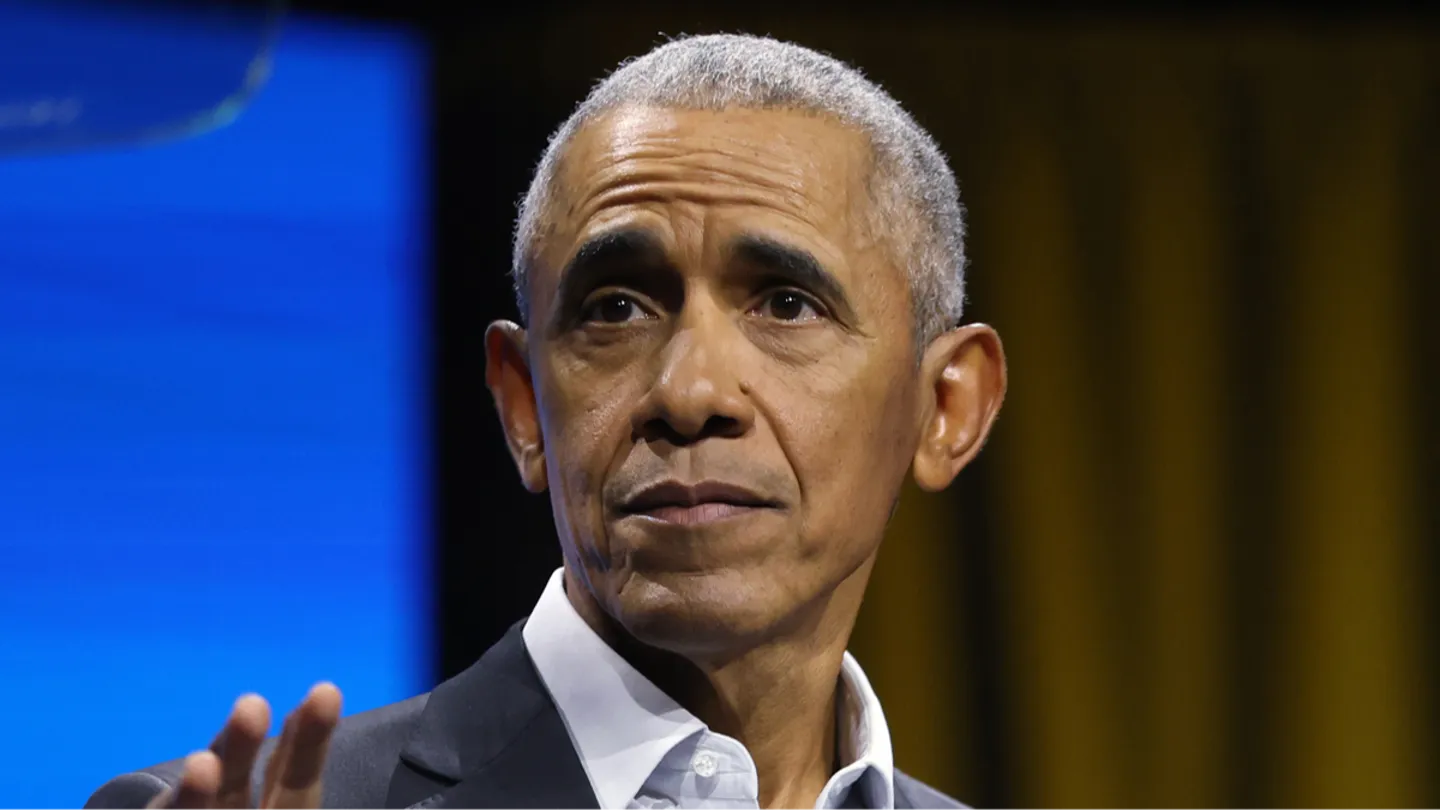Supreme Court grants Trump request to lift stay halting Venezuelan deportations
The Supreme Court voted 5-4 on Monday to approve President Trump's request to cancel a lower court's ruling that stopped his administration from using a 1798 wartime immigration law to quickly remove Venezuelan nationals—including alleged Tren de Aragua gang members—from the United States. This marks a key win for the administration as it pushes forward important immigration goals.
The high court's decision grants the administration a temporary victory. The case centers on the Alien Enemies Act, an immigration law Congress passed in 1789 that allows immediate removal of certain migrants from U.S. territory. Before Trump's second White House term, this law had only been used three times in American history: during the War of 1812, World War I, and World War II.
Trump's legal team asked the court to cancel the lower court ruling, stating in their filing that the lower court orders "rebuffed" their immigration plans, including their ability "to protect the Nation against foreign terrorist organizations and risk debilitating effects for delicate foreign negotiations."
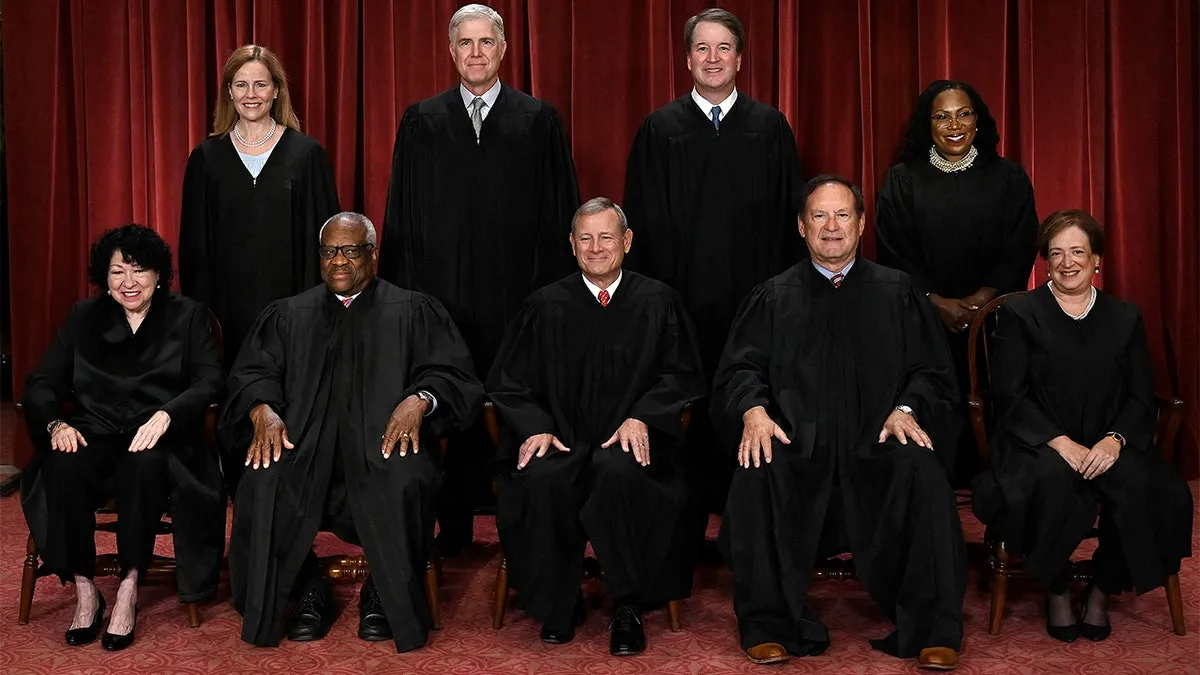
"Today's a bad day to be a terrorist in the United States of America," Homeland Security Secretary Kristi Noem said in a video on X, adding that Trump "was correct in using his authority on using the Alien Enemies Act to deport terrorists out of this country."
Attorney General Pam Bondi called the "landmark" decision a "victory for the rule of law," saying an "activist judge" in Washington, D.C., "does not have the jurisdiction to seize control of President Trump's authority to conduct foreign policy and keep the American people safe."
"The Department of Justice will continue fighting in court to make America safe again," Bondi added in her statement about the ruling.
"This is a major loss for the lunatics and a major win for the American people," Vice President JD Vance said after the High Court's decision. "Onward!"

The Supreme Court's ruling comes after U.S. District Judge James Boasberg last month temporarily blocked the administration's use of the 1798 law for 14 days while examining the case's merits—a pause a federal appeals court upheld in a 2-1 decision.
"Nazis got better treatment" than some migrants deported under the law, Judge Patricia Millett, appointed by Obama, said during the appellate hearing. Both Boasberg and the appellate panel strongly questioned the administration about Trump's proclamation invoking the Alien Enemies Act to deport Venezuelan nationals—and about the three planes that removed hundreds of migrants to El Salvador the very next day.
On that day, 261 migrants faced deportation, with over 100 Venezuelans removed "solely on the basis" of the 1798 law. The deportation planes reportedly touched down around the same time Judge Boasberg issued his temporary halt, raising concerns about whether administration officials knowingly ignored the order. Boasberg had given a bench ruling requiring any airborne flights to return "immediately." This did not occur.
On April 3, Boasberg indicated he was considering holding certain Trump administration officials in contempt of court for failing to provide information, despite repeated court requests about the deportation flights and the number of people sent to El Salvador. Government attorneys cited national security concerns as their reason for refusing to comply with the court's information request.
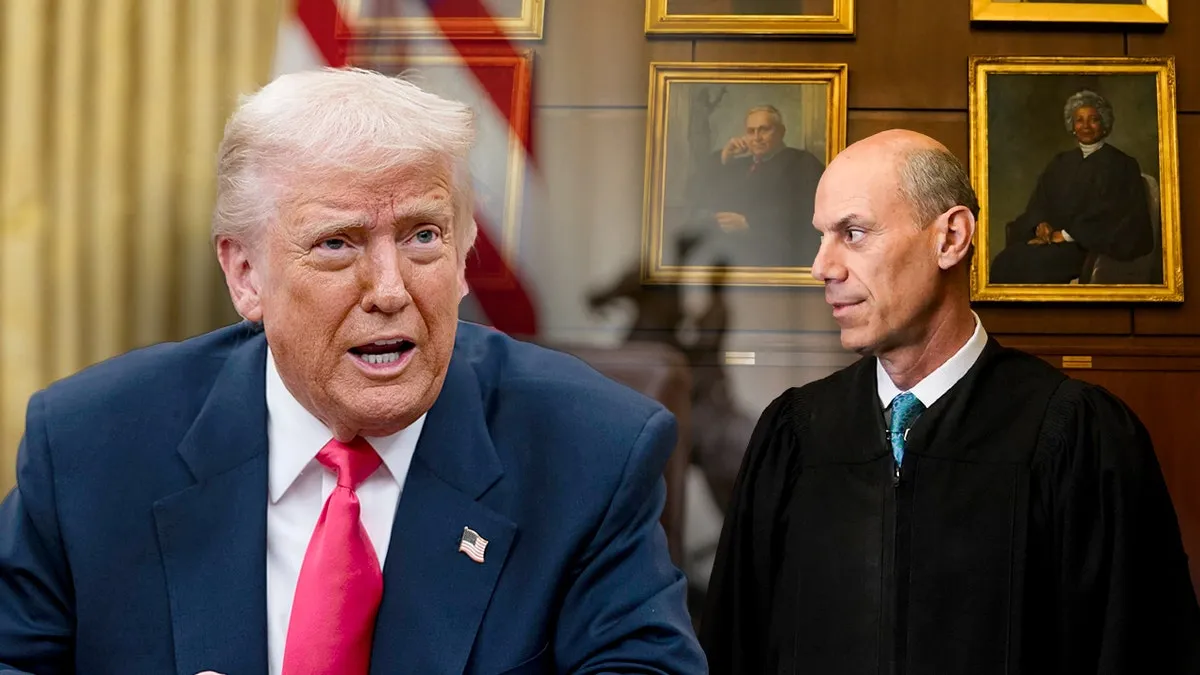
However, during the April 3 hearing, Deputy Assistant Attorney General Drew Ensign told Boasberg the flight information probably wasn't classified — causing the judge to question why the administration had refused to provide it on more than four occasions, including after a court-imposed deadline. "Pretty sketchy," Boasberg remarked in court.
Boasberg also urged the government to reveal the names, locations, and agencies of people involved in the removals, as well as any internal discussions with officials who might have been monitoring the court proceedings. The hearing represented the latest in a series of legal conflicts over the Trump administration's use of the Alien Enemies Act. It followed Boasberg's order requiring officials to explain why they failed to follow his directive to return the deportation flights – and whether they deliberately defied the court.
The Supreme Court ruling may not end Trump's effort to invoke the Alien Enemies Act. Boasberg is still considering potential contempt charges against administration officials. A preliminary injunction hearing is scheduled for April 8.
President Trump responded to the decision on Truth Social with a post: "The Supreme Court has upheld the Rule of Law in our Nation by allowing a President, whoever that may be, to be able to secure our Borders, and protect our families and our Country, itself. A GREAT DAY FOR JUSTICE IN AMERICA!"
